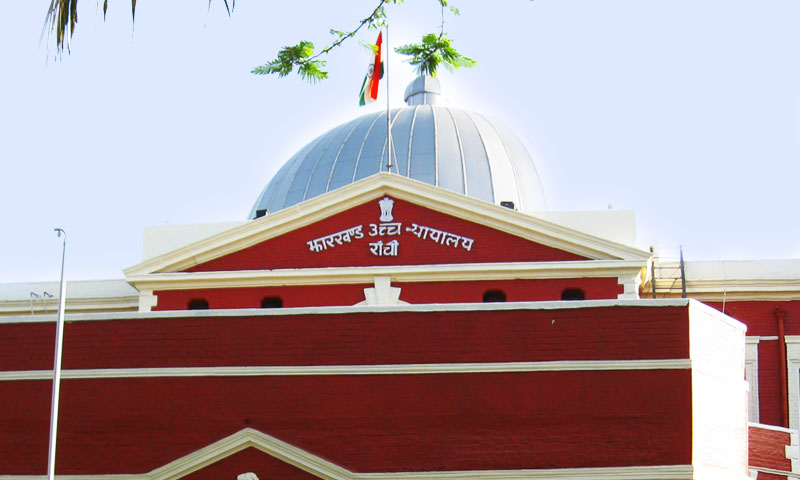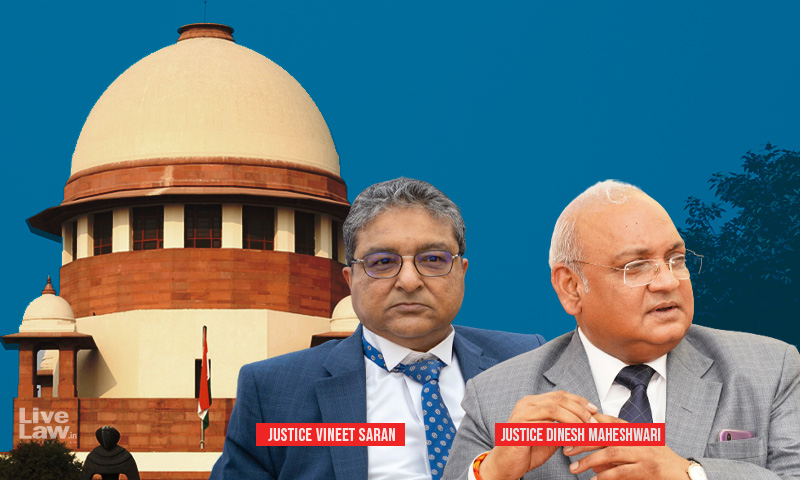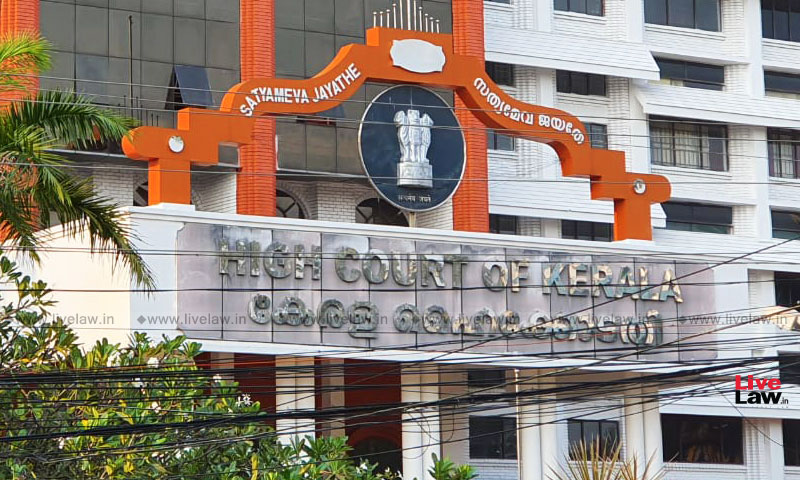Articles for Section 306, search results for charges

1 month, 2 weeks ago

1 year, 7 months ago

2 years, 7 months ago

3 years, 5 months ago
